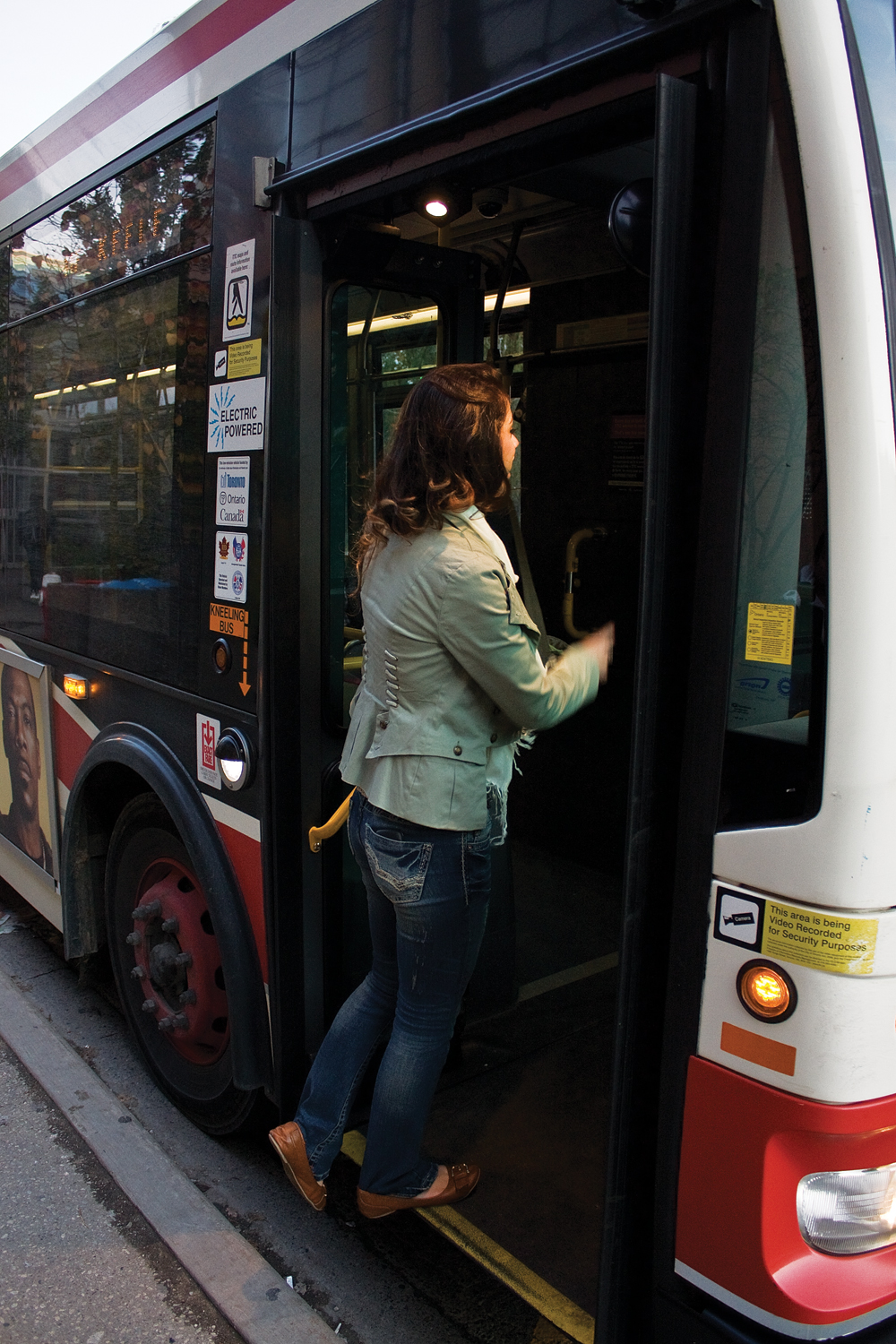Katherine Coatsworth
Contributor
TTC announced October 13 that riders of all genders will now be able to use the Request Stop service that was only open to women before.
Originally the service was created in the early ‘90s to ensure the protection of women travelling alone. The unspecified definition of what it means to be “womanly” created unease within LGBTQTI2 groups like Queer Ontario.
The initial demand for this change came from a rider who emailed TTC officials May 4 and asked to have the program extended to everyone, including men. TTC responded saying that since the service was a specially sanctioned alternate program by the Ontario Human Rights Commission, it could not be changed.
The dismayed rider contacted Queer Ontario, who wrote a letter to the TTC addressing the issues of safety for queer people, and asked that the Request Stop service be extended to all people (including the gender-queer) and that this new service change be publicly announced so that anyone in a vulnerable position could assess it.
Martin Otarola, secretary for Queer Ontario, explains the reasoning behind the old service: “The argument has always been [from radical feminists] that women were more vulnerable to harassment and sexual assault than men.”
After two months of deliberation, TTC customer service officer Christopher Upfold pushed for the implementation of these new changes into the program.
“Now the TTC are realizing that men and trans women also need recognition and protection from time to time,” says Otarola.
However, he doesn’t acknowledge this as a staple of the TTC’s friendliness toward queer people. Taking into account the fact that councillor Karen Stintz (a member of the Progressive Conservative party) chairs the TTC, he comments on the likelihood of a transit system becoming gender-friendly: “It depends on who’s in charge.”
Yet Otarola agrees this change can be seen as progress toward a more equality-based transit system, where the realities of queer people are recognized and responded to.
“It is a pretty big victory especially because we’re talking about Toronto here,” says Otarola. “Its transit was one of the last to make this change. Other cities’ transits already have gender-neutral Request Stop programs.”
This latest victory brings hope for Toronto’s queer community.
“I’d say the future [in terms of queer friendliness] looks positive. Some close-minded cities will not make the shift so quickly, but over time, I’m sure they’ll see the logic behind [doing so],” concludes Otarola.



